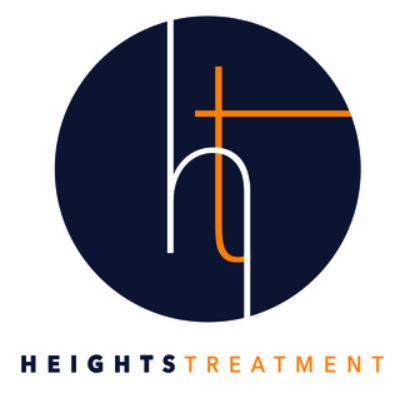Requesting a call is the first step toward recovery. Our team is here to help you 24/7.

Medical Wellness Center























Heights Treatment Los Angeles offers various levels of outpatient care for addiction and mental health, with sober living available at their Transcend Recovery Community. Their treatment levels include an individualized intensive program (IIP), intensive outpatient programs (IOP), partial hospitalization programs (PHP), and standard outpatient programs. In each program, Heights Treatment provides personalized, expert-led care for addiction, trauma, and mental health.
Heights Treatment Los Angeles provides evidence-based therapies to help heal the root cause of addiction and address mental health conditions. Their therapies include cognitive behavioral therapy (CBT), dialectical behavioral therapy (DBT), and eye-movement therapy (EMDR). Their IIP treatment walks clients through 3 phases, spread out over 90 days. Clients can live in nearby sober living homes, Transcend, with transportation to and from treatment. The first phase includes up to 10 individual therapy sessions each week, with 6 hours of therapy a day, 5 days a week. The second and third phases gradually taper time spent in treatment, ending at 5 individual sessions per week, 3 hours of therapy each day, 3 days a week.
Heights Treatment’s IOP and PHP programs cater to clients in need of flexible treatment. Their IOP program runs 3-5 days a week, 3 hours each day. In IOP, clients can live at home or in Transcend’s sober living home. Heights Treatment assigns each client a primary therapist and family therapist. They have 3 individual sessions per week, with family therapy and support offered once a week. Clients also have a recovery mentor throughout their treatment journey.
Clients learn how to resist shame at Heights Treatment, plus recovery skills and healthy relationship skills. Heights Treatment also offers trauma-informed yoga, art therapy, and neurofeedback. Along with drug and alcohol addictions, Heights Treatment can treat process addictions, gambling, gaming, and love and sex addiction. They provide treatment for anxiety and depression, trauma, bipolar disorder, schizoaffective disorder, borderline personality disorder (BPD), and post-traumatic stress disorder (PTSD) as well.

Have Questions? Give Us a Call.